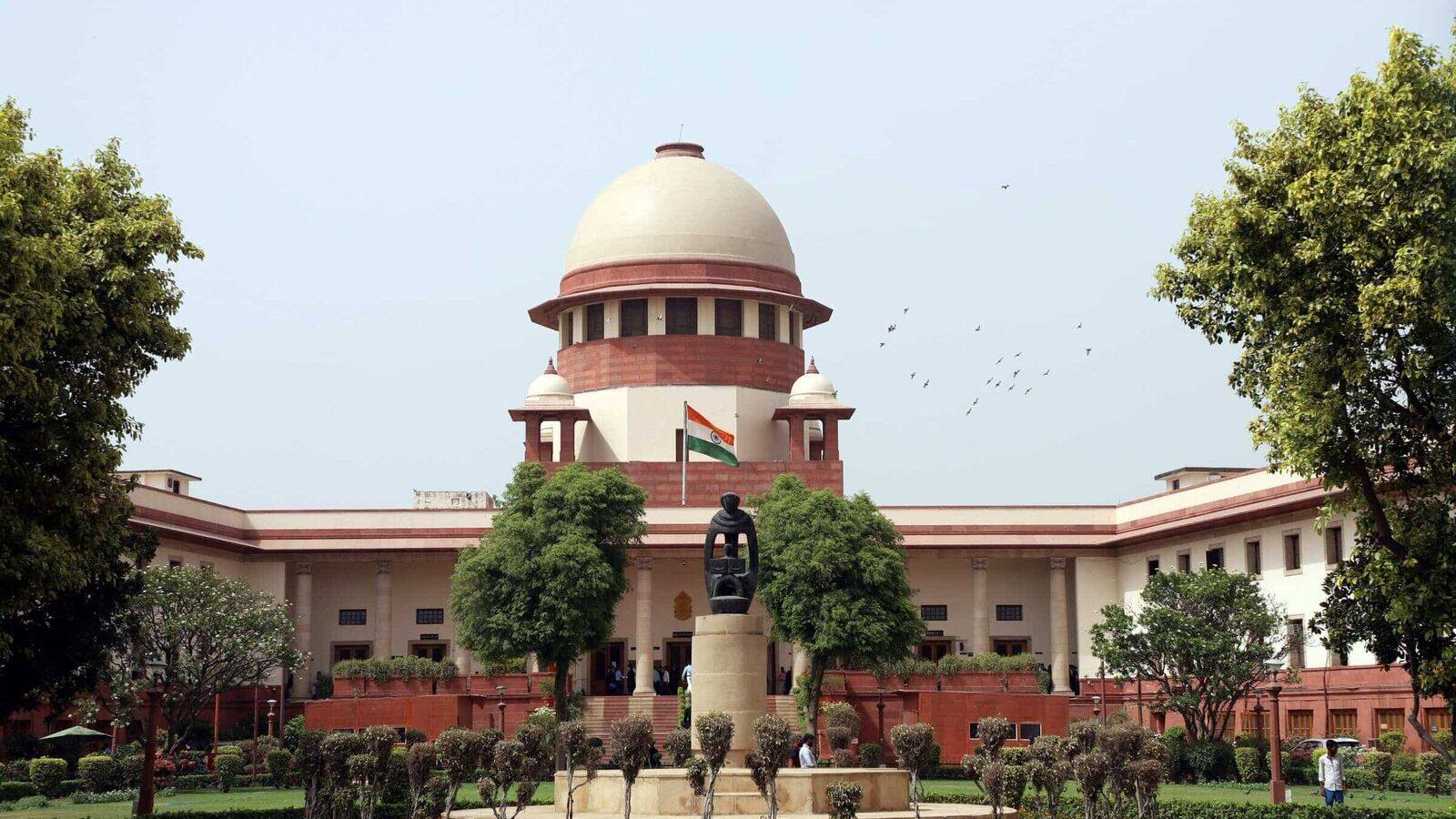


The Supreme Court on Thursday dismissed a plea of the Vedanta group challenging the closure of its copper smelting plant in Thoothukudi, Tamil Nadu. The closure followed a fatal incident in May 2018 when 13 individuals lost their lives during a protest against alleged pollution caused by the plant, prompting police intervention.
The bench, comprising Chief Justice DY Chandrachud and Justices JB Pardiwala and Manoj Misra, rejected Vedanta Limited’s Special Leave Petition (SLP) against a Madras High Court ruling from August 2020. The High Court had dismissed a series of pleas by the company contesting the plant’s closure and related orders issued by the Tamil Nadu Pollution Control Board (TNPCB).
In its judgment, the Court emphasized that while closing down an industry is not the preferred course of action, the repetitive nature and severity of the violations justified such measures. It highlighted the findings of fact by statutory authorities, which the High Court had declined to overturn during judicial review. The Court found no serious errors in the High Court’s approach to warrant interference under Article 136 of the Constitution. Reaffirming principles of sustainable development, the polluter pays principle, and the public trust doctrine, the Court stressed the importance of considering environmental concerns alongside industrial contributions to the economy. Despite the plant’s economic significance, the Court emphasized the paramount importance of safeguarding public health and welfare.
The Court also dismissed appeals by the Tamil Nadu Pollution Control Board, supporting the High Court’s criticism of the Board’s lack of prompt action.
During arguments, the CJI highlighted multiple violations and questioned Vedanta’s continued operation of the plant without a valid hazardous waste license. The Court previously suggested the formation of an expert committee to objectively assess the situation, balancing Vedanta’s investment interests with public welfare.
However, despite initial considerations, the Court ultimately upheld the High Court’s decision, citing the extensive pollution and the failure of corrective actions by Vedanta. The judgment underscored the need to prioritize public health and environmental protection in such matters.